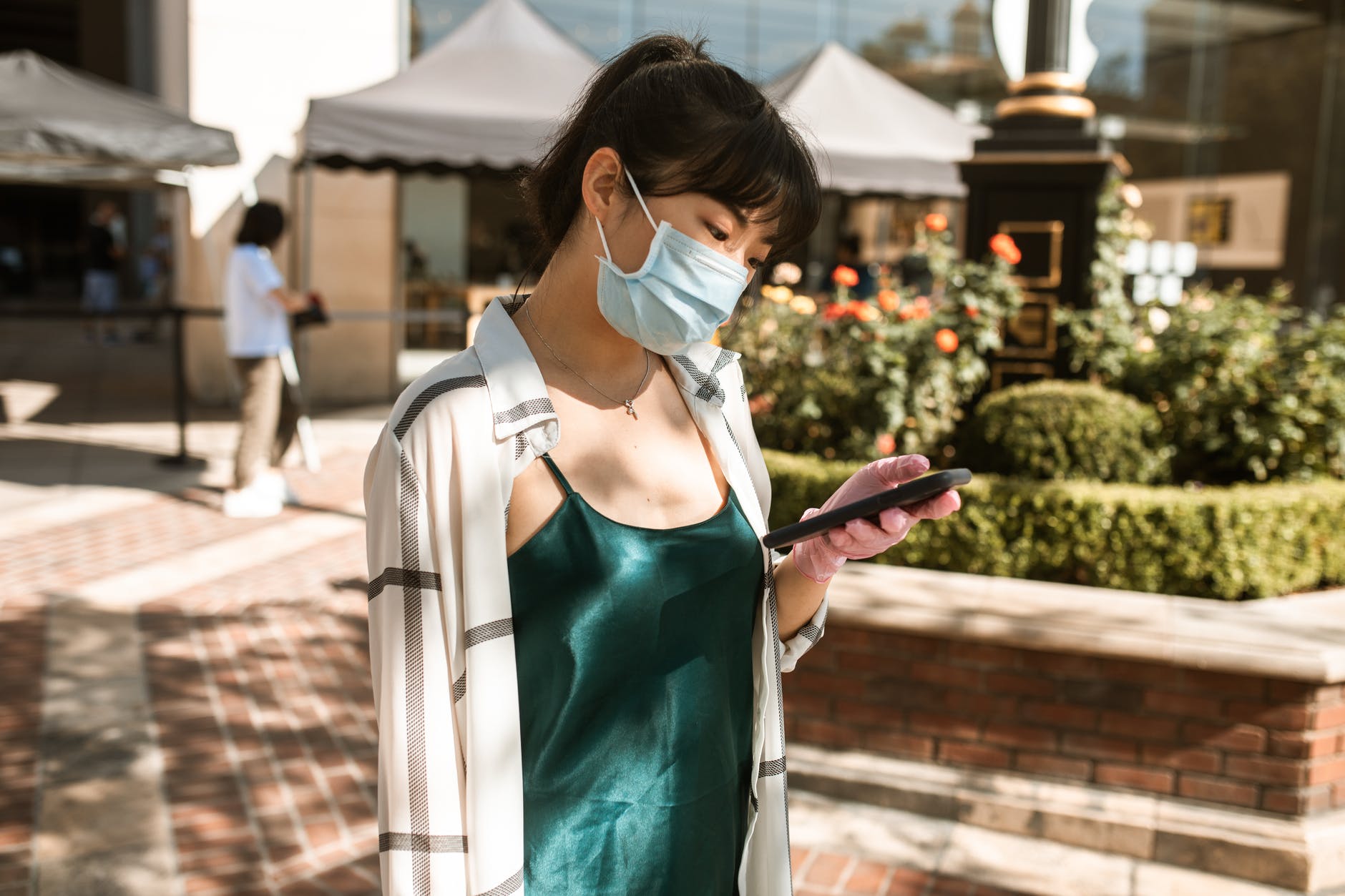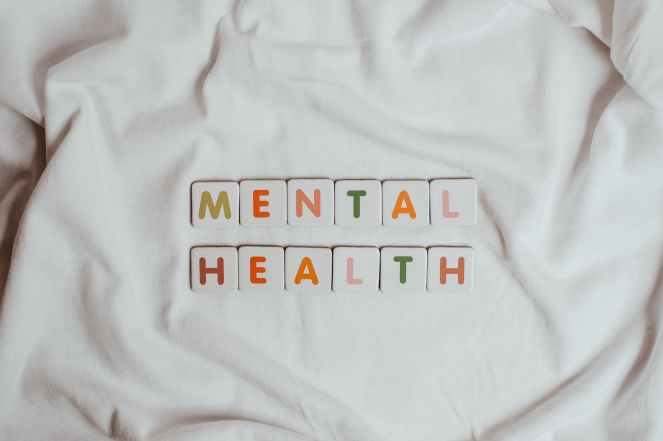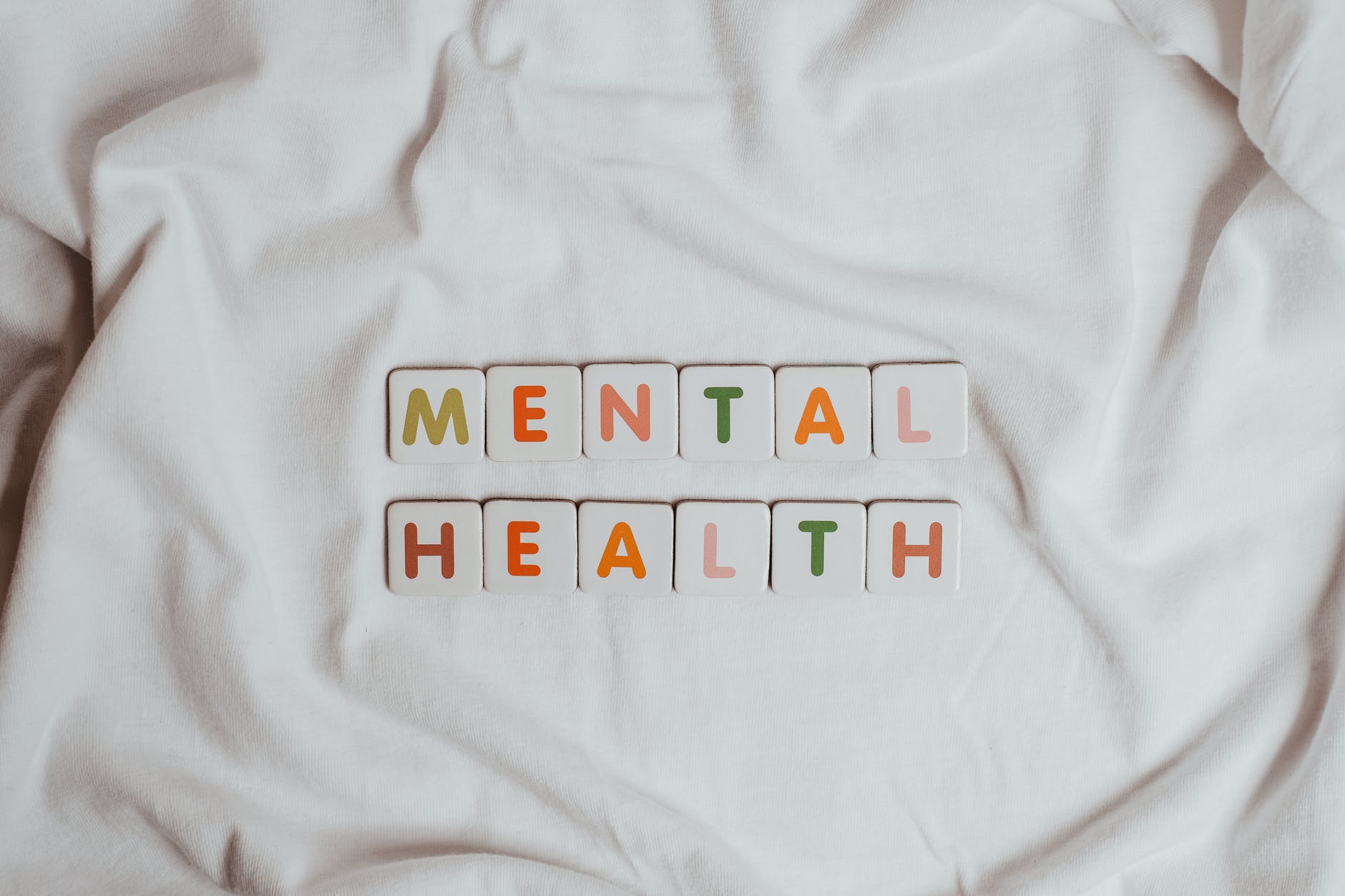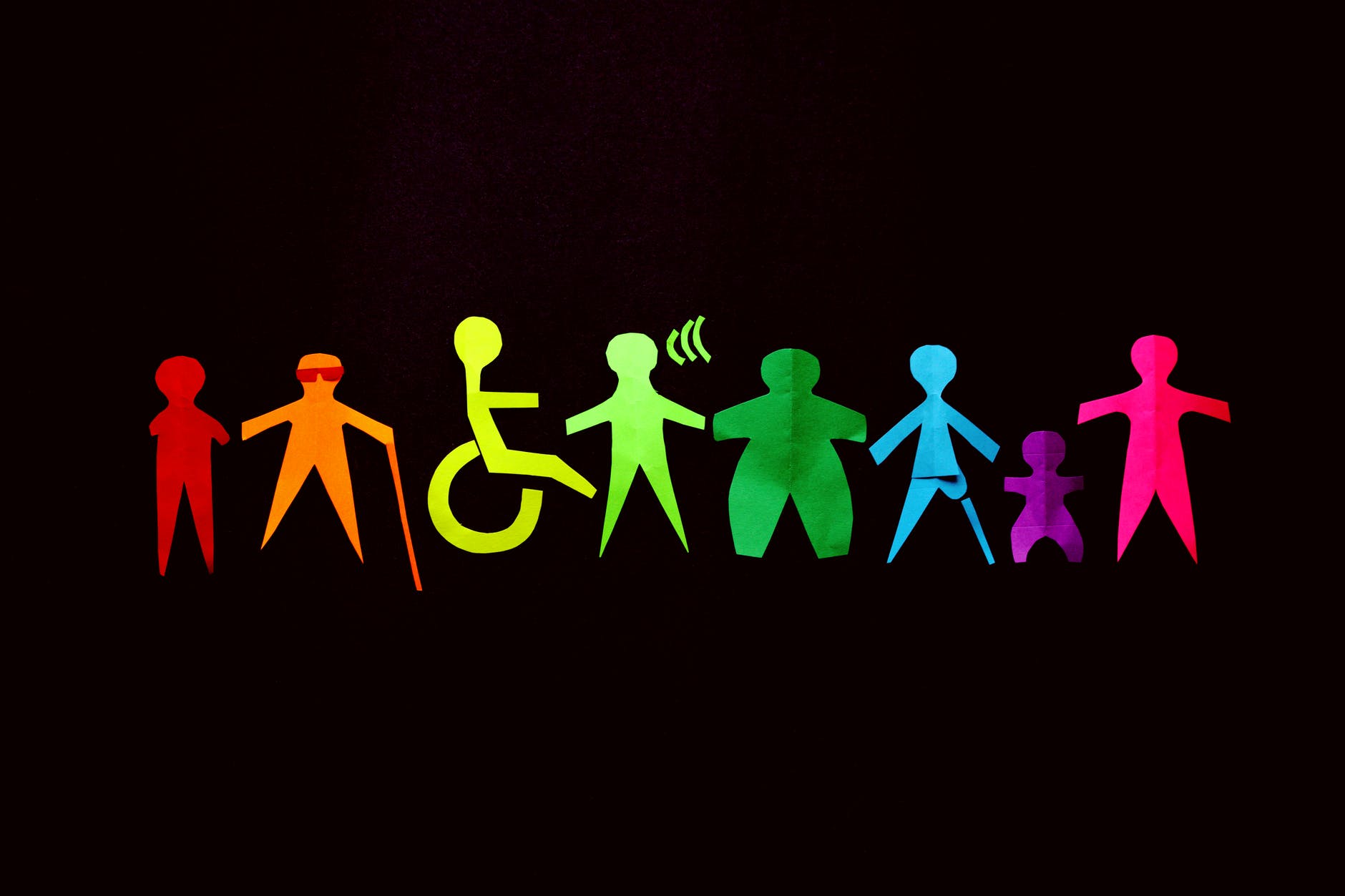Hi Everyone – today’s post is an article I wrote a few months ago when certain restrictions were first eased in the UK. The article was supposed to be used for something else, but never was and it has since been sat doing nothing. With this said, I feel now that we are ‘Living with Covid,’ the issues I wrote about in this piece are still very much a factor for me personally and therefore I wanted to share them on the blog. Please note as this was originally written a few months ago, some of these references may be slightly out timescale wise.
It has been nearly a whole two years since the pandemic hit the UK with most of that time spent not being ‘normal’ – what ever normal means these days. The pandemic has had a major impact the world over for various reasons including on a personal, financial, social, business and most importantly health level. Yet, here in the UK we have seen restrictions lift as we came out of lockdown and in more recent times have been told to learn to live with Covid. Gone is the need to social distance or wear a facemask in certain situations, in fact it was advised to be a personal choice.
A personal choice which has thrilled many people who believe they have suffered enough and cannot endure anymore. A decision that regardless of your own beliefs has had to accepted as freedom of rights, individual choices and personal judgements. But what about the rights, choices, and judgements of the people who still choose to wear a mask and/or social distance, what and where are their rights?
I live with multiple chronic illnesses, one of which involves my immune system. I have been self-isolating since the pandemic started. The only time I have left my home is to go on short walks on the same route every few days (or when symptoms allow), and for medical appointments. I was lucky enough to be vaccinated, but the personal choice for my household and I is to wear a facemask to protect ourselves and others who may be vulnerable around us.
Going on the rationale of the rights to be unmasked, surely to wear a mask and social distance is our personal choice, our freedom of rights and our decision based on our experiences and individual beliefs – so why do people take such umbrage with that?

In the last few weeks members of my household have been challenged about wearing a facemask on no less than six occasions. These interactions have happened in various ways from subtle quips such as laughter and eye rolling to more hate driven encounters where people have been confrontational and aggressive. Let that sink in for a moment – challenged for wearing a mask. Questioned about why you want to protect yourself and others around you, like you should be ashamed to. Questioned by strangers who don’t know you from Adam, yet feel like they can pass judgement on your choice, all whilst you cannot dare to question theirs.
Those people still choosing to wear a mask have absolutely no effect on your day whatsoever. It doesn’t stop you doing anything or interfere with your plans or your so-called rights, so why does it affect you so badly? To a point where you want to be rude, dismissive, mocking and hostile – why does it get under your skin? Maybe because we are portraying that freedom of the public is actually only about the freedom of the unmasked, and when someone doesn’t hold the same mentality then it becomes a problem.
When you look at a person in a mask you have absolutely no idea what their reasoning is behind their choice, or what type of life they are living. To look at me I look like any other person you would encounter in the street, quite simply I don’t look ill. You cannot see the endless symptoms I am subjected to, or the internal battle my body is fighting. You don’t know why protection is so important to my health. In the same way you don’t know of the mental health struggle a person may be harbouring from having a pandemic rip through their life and therefore finds wearing a mask is the comfort blanket they so desperately need. A person whose job is to look after after the vulnerable and therefore who needs to be considering this when out and about. A vulnerable person who has no support or appropriate guidance from the government, and who are immunocompromised unable to create antibodies against a deadly virus. Nobody knows anybody else’s story, and nobody has the right to ask. Nobody is obligated to explain themselves; nobody should have to.
Quite simply if I have to accept your right to be ‘free,’ then quite frankly you have to accept my right to stay well and to protect my immunocompromised/chronically ill/disabled communities. That’s the problem with a pandemic you see it requires you to look beyond yourself. It means being able to value strangers, to be kind, to show support in situations that may not affect you directly, and to be respectful of all. The problem being some people are only capable of these things when it affects them directly, they show solidarity and bang on their pans until it is no longer their concern. Then it bores them, you bore them, so you find yourself standing alone.
The vulnerable communities and their families have to endure so much over these last few years, to be subjected to this antagonistic behaviour when people have ultimately got what they wanted shouldn’t be another thing to contend with. Freedom isn’t about a select few, it is about everyone. Anyone can become vulnerable at any point in their lives – so how would you feel if that was you, or someone you loved, and the response you received was to stay out of society or be ridiculed for the one thing that enables you to go outside.
I am not asking people to wear a mask because clearly, we are beyond that now; I am simply asking you to respect the people who do.
Sarah xx









